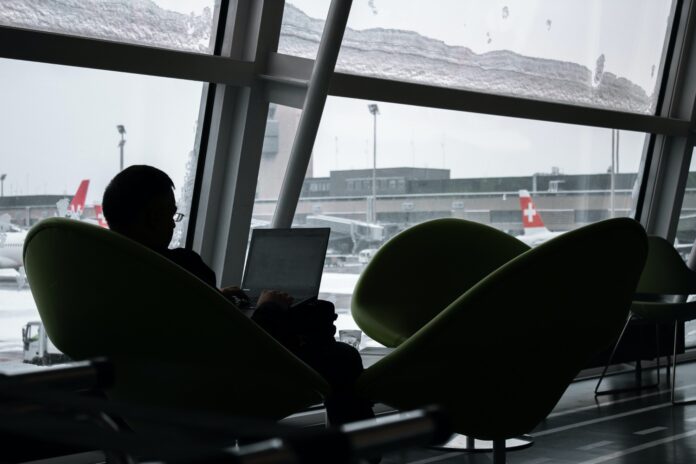Global travel analysts are predicting that the good old days of business travel might be long gone, and South Africa is no exception. The country’s corporate travel scene has changed due to a combination of post-pandemic challenges, load shedding and rising inflation. According to Bonnie Smith, GM of Corporate Traveller, their latest travel data reflects a major trend among South African business travellers – they’re hitting the road less often but spending more.
The data shows that the number of travel bookings is down slightly in the first six months of 2023 when compared to the same period in 2019. However, the number of room nights is significantly up and has in fact increased by 88%. “This trend indicates that business travellers are opting to stay longer at their destinations and planning more meetings during their trips,” explains Smith. “We’re seeing business travellers clustering meetings to achieve more on each trip.”
Interestingly, despite the decrease in bookings, the Corporate Traveller research shows a significant increase in spending in the first 6 months of 2023 as compared to the same period in 2019. These increases have been observed both in international and domestic accommodation. Other travel components have also seen substantial rise in spend: the transactional value for domestic flights has increased by 151%, international flights by 112%, domestic car rentals by 62%, and international car rentals by 224%.
The reasons for these increases in spend while bookings remain constrained are varied. It seems that business travellers today are leaning towards more premium services. Instead of booking economy flights or standard hotel rooms, they may be choosing business class flights or luxury accommodations.
Of course, increased prices also play a significant role in the surge in travel spend. Prices for accommodation, flights and car rental are up across the line after the pandemic.
The increase in travel spend comes at a time when companies in South Africa are feeling the pressure of load shedding and inflation. The changing travel landscape inspired Corporate Traveller to examine the complexities of business travel spending trends in South Africa and globally in a new white paper, “Economic Jet Lag: Understanding the Impact of SA’s Economy on Business Travel”. The report reveals how economic shifts have influenced business travel.
The report reveals that power outages in South Africa aren’t just leaving people in the dark; they’re reshaping the future of work and business travel. Persistent load shedding is putting the brakes on the hybrid workplace trend, disrupting virtual connectivity, and shaking the foundation of online business events.
South Africa is pivoting from the global trend, trading in digital workspaces for good old-fashioned offices, thanks to Eskom’s power failures. As Smith notes, face-to-face meetings are poised for a resurgence, all thanks to the struggle to keep the lights on. Power solutions are a financial black hole, forcing companies to opt for the certainty of in-person dealings. Load shedding, ironically, is giving business travel an unexpected boost, making each trip a strategic play for maximum ROI, as companies scramble to maintain productivity in the dark.
Meanwhile, inflation has skyrocketed, with South Africa’s central bank raising its benchmark rate to a 14-year high. This has gnawed away at the purchasing power of citizens and placed a burden on households leaving them feeling the squeeze from power shortages and energy price hikes. Inflation drives up travel costs, affecting accommodation, transportation, and meals.
The solution to keep costs in check? Tracking spending habits and embracing cost-saving tactics have become crucial for businesses planning travel budgets, says Smith.
“Working with a travel management company (TMC) that has the tech, buying power, and expertise is key. With business travel costs continuing to rise, it is a good investment – essentially one that pays for itself,” says Smith.
Smith is optimistic for the future and says she sees a potential resurgence in 2024 as the economy improves and businesses regain confidence. However, this doesn’t mean it’s ‘business travel as usual.’ The travel spend trends we see emerging will keep both business travellers and travel managers on their feet.
“Now is the perfect moment to take action, rethink the way we do things, and lead the way into the future. As the world of business travel keeps evolving, companies need to be flexible, creative, and attentive to the preferences of the upcoming generation of travellers.”

